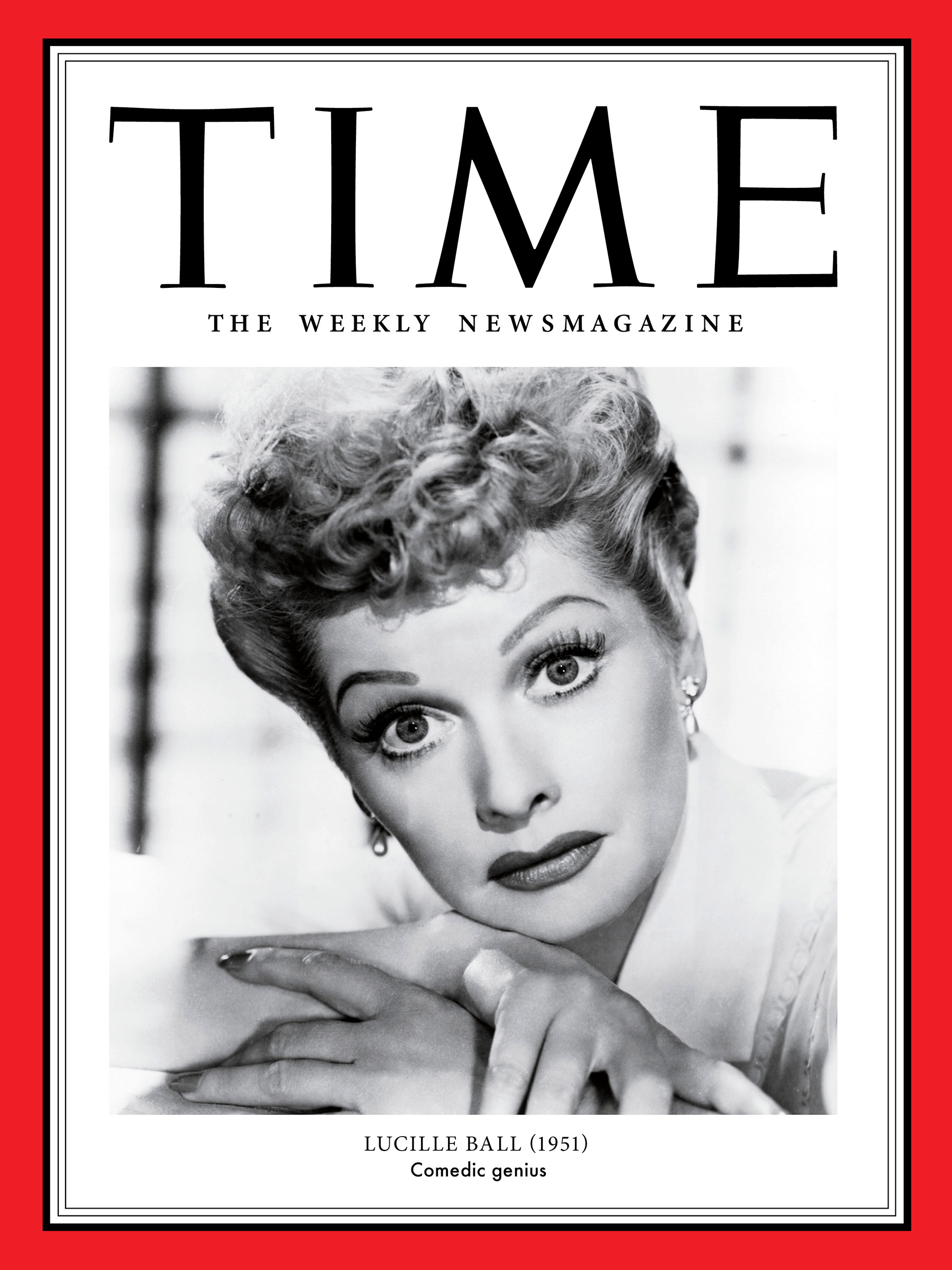Lucille Ball spent decades drifting between stage, screen and radio before she found her niche. But TV made her a star, perhaps because she so passionately defended her vision for the first great sitcom, I Love Lucy. CBS initially declined to cast Ball’s husband Desi Arnaz as the foil to her daffy housewife, fearing the marriage of a white woman and a Cuban-born man would alienate viewers. So the couple self-financed a pilot too good to refuse. In the second season, an expecting Ball helped destroy a taboo that framed pregnancy as salacious proof that a woman had been sexually active, with a story line about the birth of Little Ricky.
Working in a medium that reflected and helped shape the postwar U.S. family, the show offered an image of domestic life that was more progressive, but also just funnier, than the sanitized world of Ozzie and Harriet. Ball wielded even more power behind the camera. After splitting with Arnaz, she took over Desilu, the production company that launched Star Trek and Mission: Impossible. Three decades after her death, Hollywood’s most powerful women—from Julia Louis-Dreyfus to Reese Witherspoon—walk a path she cleared. —Judy Berman
This article is part of 100 Women of the Year, TIME’s list of the most influential women of the past century. Read more about the project, explore the 100 covers and sign up for our Inside TIME newsletter for more.
